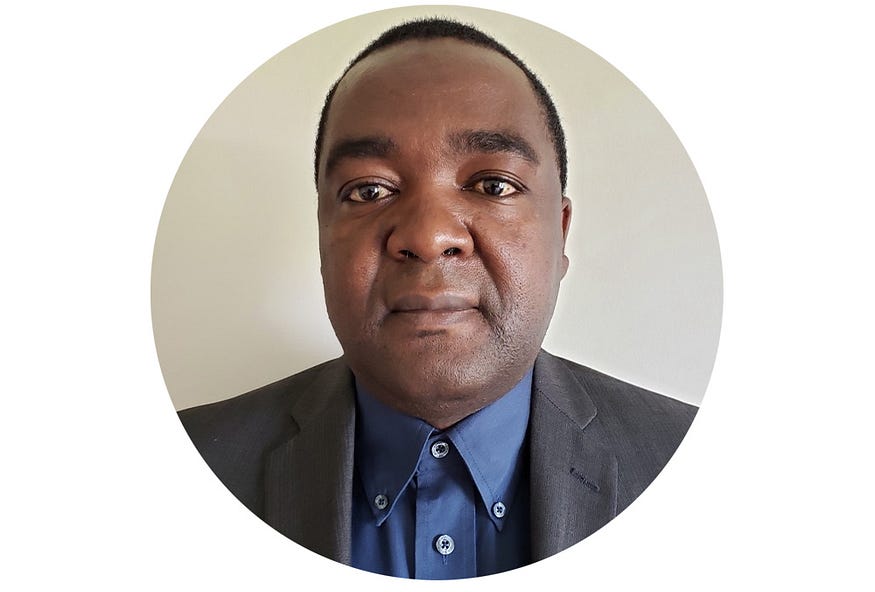Teaching about religion, reconciliation and climate justice
Chrislain Eric Kenfack is a Killam postdoctoral fellow in the Department of Political Sciences whose research focuses on environmentalism and social cohesion. He also teaches two courses in St. Joseph’s College that are part of the interdisciplinary course list offered by the Certificate in Sustainability. Chrislain speaks three languages (French, English and Portuguese) and after a full year of pandemic restrictions, the first place he talks about traveling is Brazil to study the impact of Canadian mining companies and the off-shoring of CO2 emissions.
I asked Chrislain to talk about his experience teaching CHRTC 221 — Indigenous Spiritual Traditions and Christianity and CHRTC 396 — Environmental issues: Christian perspective.

What is the most rewarding part of teaching for you?
For me, the most rewarding part of teaching is when I realize that my students are approaching the course from a life inspiring perspective rather than an intellectual perspective. I’m most happy when I see students transform course concepts into real life actions. It is rewarding when I get asked “How do we use what we learned to get involved in society?”
Is there a moment that stuck out for you, in your teaching career?
While teaching Indigenous Spiritual Traditions and Christianity, a student raised a great point about the Eurocentrism of teaching environmental issues and how dealing with those issues is dominantly derived from Westernized points of view. They suggested replacing those Eurocentric approaches with Indigenous environmental knowledge, to eventually integrate those in the decision-making process.
I could not agree more! We tend to speak so much about Indigenous worldviews, but we do not speak much about putting them at the center of the decision-making process.
What does sustainability mean to you?
For me, sustainability is a philosophy that gives a holistic view of development. It is like a code to go from, “how can I borrow from this ideology of perpetual growth?” to thinking about development that is holistic and takes into consideration the environmental, socioeconomic and cultural aspects.
Moreover, I see sustainability in terms of a social model, putting human beings at the center of all aspects. We need to think of sustainability that is tailored to people’s reality and culture. Development cannot be sustainable if we only try to replicate Westernized methods in other parts of the world.
Could you highlight some of the topics you focus on in your teachings?
Absolutely. First, environmental injustice and differential vulnerability to climate change. Let me ask you: who are the most affected by climate change? The poor. At the same time, they are cast to the periphery of the decision-making process. For this reason, I emphasize the importance of preparing people from affected populations to solve issues directly impacting their own reality.
I also discuss topics of religious environmentalism such as “ecological conversion,” which is a concept close to what Indigenous people call “repatriation.” Here, we look for inspirations in our history, in our roots. However, it is not about blindly copying what we did in the past, but rather, looking for the good and finding a way to assimilate it in our current way of life.
What message do you have for students interested in learning more about your courses?
I’ll start with Indigenous Spiritual Traditions and Christianity; it is quite an emotional course. It is emotional because of the broken history between the church and Indigenous people. I actively look for images or prints that are common to Indigenous people and which are also found in the Christian traditions. That way, I can say, well, this has hurt us in the past, but this is what we have in common. Let’s sit around the same table and build a reconciled world despite our differences.
Second, with Environmental Issues: Christian perspective. I focus on what the individual themselves can achieve. In this course, I stress on how we, as individuals, can create change that is meaningful in our communities.
Chrislain Eric Kenfack’s courses are part of the Certificate in Sustainability.
Learn how you can set your degree apart and contribute to solving real world challenges: https://www.ualberta.ca/sustainability/study/certificate/index.html